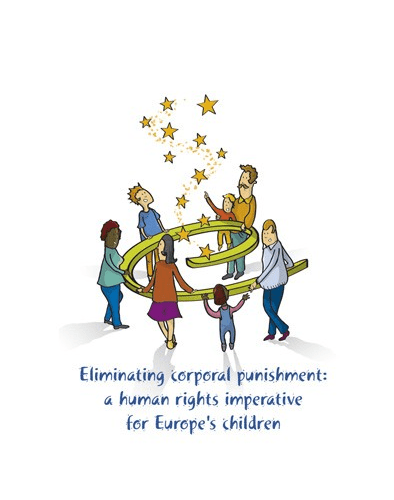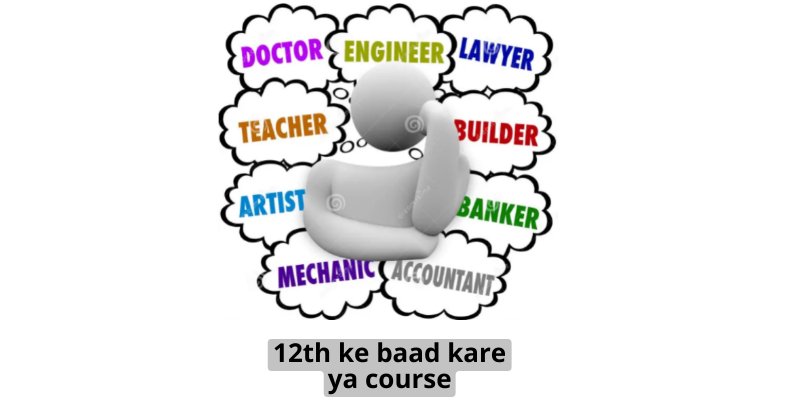Guidelines for Eliminating Corporal Punishment (GECP): Recently, the Madras High Court has issued instructions to the Tamil Nadu government to enforce the Guidelines for Elimination of Corporal Punishment in Schools (GECP) as provided by the National Commission for Protection of Child Rights (NCPCR). The directive came from Justice S M Subramaniam while passing interim orders on a petition filed by Kamatchi Shanker Arumugam. Corporal punishment in schools has long been a contentious issue, with concerns raised over its adverse effects on students’ physical and psychological health in the past. By mandating the implementation of GECP, the court seeks to create a safer and more conducive learning environment for children across Tamil Nadu.
Guidelines for Eliminating Corporal Punishment (GECP)
Legal Provision Related to Corporal Punishment

In India, the legal provisions related to corporal punishment in schools and child protection are primarily outlined in the following acts:
- The Right of Children to Free and Compulsory Education (RTE) Act, 2009: Section 17(1) of the RTE Act prohibits physical punishment and mental harassment of children. It mandates that no child shall be subjected to physical punishment or mental harassment and lays down disciplinary procedures for dealing with misconduct.
- Protection of Children from Sexual Offences (POCSO) Act, 2012: While primarily focused on protecting children from sexual offenses, the POCSO Act also addresses other forms of abuse, including physical abuse. It defines physical abuse as any act or conduct that causes bodily injury or emotional pain or impairment to a child.
- Juvenile Justice (Care and Protection of Children) Act, 2015: The JJ Act, 2015, emphasizes the rehabilitation and protection of children in need of care and protection. It recognizes corporal punishment as a form of child abuse and provides for measures to prevent and address such abuses.
- National Commission for Protection of Child Rights (NCPCR) Guidelines: Although not an act, the NCPCR has issued guidelines for the elimination of corporal punishment in schools. These guidelines provide a framework for creating safe and child-friendly educational environments and outline procedures for addressing instances of corporal punishment.
- The Indian Penal Code (IPC): Certain provisions of the IPC, such as Section 323 (Punishment for voluntarily causing hurt) and Section 324 (Voluntarily causing hurt by dangerous weapons or means), may be invoked in cases of severe physical punishment amounting to bodily harm.
Guidelines for Eliminating Corporal Punishment (GECP) Guidelines

The Madras High Court has issued several key directives regarding the implementation of the Guidelines for Elimination of Corporal Punishment in Schools (GECP) in Tamil Nadu:
- Communication of Guidelines: The guidelines must be effectively communicated to all educational institutions across Tamil Nadu and to the District Educational Authorities, ensuring widespread awareness of the directives.
- Sensitization of School Authorities: District Educational Authorities are instructed to sensitize school authorities about the importance of adhering to the guidelines meticulously. This is aimed at protecting the mental health and well-being of children attending these institutions.
- Conducting Seminars and Awareness Camps: Suitable instructions are to be issued to district educational authorities to organize seminars and awareness camps focusing on the NCPCR guidelines. These initiatives will help in educating stakeholders about the importance of eradicating corporal punishment in schools.
- Action Against Complaints: In the event of any complaint regarding non-compliance with the guidelines, competent authorities are required to initiate appropriate actions. Any instances of lapse, dereliction, or negligence should lead to departmental disciplinary proceedings under the Service Rules, ensuring accountability and enforcement of the directives.
What directives has the Madras High Court issued regarding GECP implementation?
The Madras High Court has instructed the Tamil Nadu government to ensure effective communication of the guidelines to all educational institutions and District Educational Authorities. Additionally, school authorities are to be sensitized about the importance of adhering to the guidelines, and seminars and awareness camps focusing on the NCPCR guidelines are to be organized. The court has also mandated action against any complaints regarding non-compliance with the guidelines.
How will the guidelines be communicated to educational institutions in Tamil Nadu?
The guidelines will be effectively communicated to all educational institutions and District Educational Authorities to ensure widespread awareness of the directives. This may involve official circulars, notifications, or other forms of communication deemed appropriate by the authorities.
- Batman: Caped Crusader First Look & Release Date Revealed On Amazon Prime Video
- Real Housewives of Beverly Hills Stars Dorit and Paul Kemsley Announce Separation
- Ralph Michael Ineson Set to Act as Galactus in the upcoming Fantastic Four reboot in the Marvel Cinematic Universe (MCU)
- Mae Whitman Announces Pregnancy With Lauren Graham and Miles Heizer
- Actress Pavithra Jayaram Passed Away On-Spot In A Horrific Road Accident













Add comment